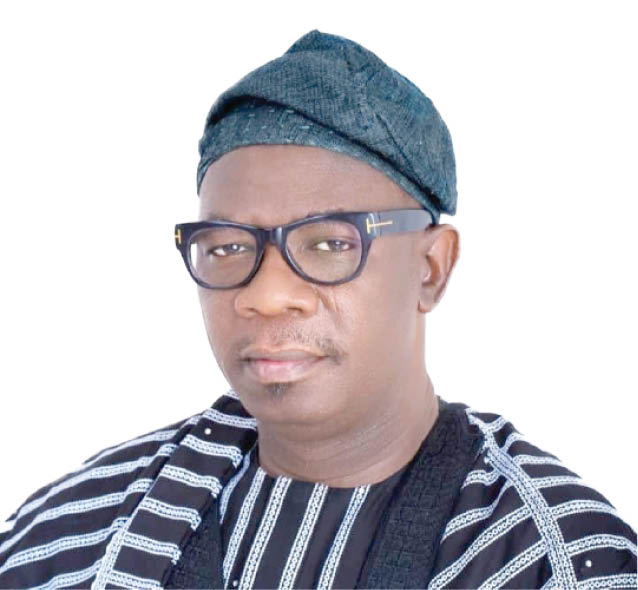The cold war between Ondo State Governor, Rotimi Akeredolu and his Deputy, Mr Agboola Ajayi, was a replay of the silent bad blood between governors and their deputies.
After Deputy Governor Ajayi jumped ship from the All Progressives Congress (APC) that took them to political power in 2016 to the Peoples Democratic Party (PDP), he was reportedly prevented from leaving the Government House.
Later, his police security aides were withdrawn, and his personal advisers were sacked by the governor.
In order to exonerate himself from the maltreatment of the deputy governor, Ondo State Commissioner of Police, Mr Salami Bolaji, told journalists that he did not, and had no powers, to withdraw policemen attached to Mr Ajayi.
He said, “Let it be known that policemen attached to Government Houses take directives from the Chief Security Officer to the Governor who can post and withdraw according to the reason and purpose that suit him.”
From the CP’s explanation, it is clear that the withdrawal of the security personnel was a political decision.
We totally condemn this act of illegally and arbitrarily removal of his security aides, rendering the deputy governor vulnerable.
The governorship of states is a joint ticket in which the governor and his deputy make a whole.
That is why, under the Constitution, without a qualified deputy, no governorship aspirant would stand for election.
The Independent National Electoral Commission (INEC) would not clear such candidates.
In the administration of any state, the deputy governor is as important as the governor.
Also, there are court pronouncements to the effect that deputy governors who defect from the parties under which they were voted into power cannot be removed from their position.
Vice President Atiku Abubakar, who was deputy to President Olusegun Obasanjo, could not be removed from his position, in spite of his defection from PDP to the Action Congress of Nigeria (ACN) in 2006.
Governor Akeredolu is a Senior Advocate of Nigeria (SAN) and a past President of the Nigerian Bar Association (NBA). He is conversant with this constitutional provision, so he must not violate it.
Deputy Governor Ajayi had to quit the APC because, according to him, Governor Akeredolu had sidelined him in the running of Ondo State.
The ugly relationship between them was not hidden.
However, it brings to fore the need for specific roles in the Constitution for deputy governors.
Section 191 of the 1999 Constitution simply says, “The Governor shall assign to the Deputy Governor specific responsibility for any business of the Government of the State; … the Governor shall hold regular meetings with the Deputy Governor and all the Commissioners of the Government of the State for the purpose of: (a) determining the general direction of the policies of the Government of the State; (b) Coordinating the activities of the Governor, the Deputy Governor and the Commissioners of the Government of the State in the discharge of their executive responsibilities; and (c) advising the Governor generally in the discharge of his executive functions other than those functions with respect to which he is required by this Constitution to seek the advice or act on the recommendation of any other person or body.”
With this open-ended role for deputy governors, the spirit of the Constitution may be that governors will be at liberty to assign important and crucial tasks and responsibilities to their deputies.
However, in the last 20 years, this has not happened, making deputy governors to earn the derogatory appellation of ‘spare tyre.’
This has to change, and to do so, the constitution should be amended to give deputy governors specific roles.
Also, we call on the Inspector General of Police to resist pressures from governors who would use them to carry out illegal acts, like withdrawing the security aides of duly elected deputy governors.
No governor should be given the liberty to violate the constitutional powers and privileges of their deputies.

 Join Daily Trust WhatsApp Community For Quick Access To News and Happenings Around You.
Join Daily Trust WhatsApp Community For Quick Access To News and Happenings Around You.

